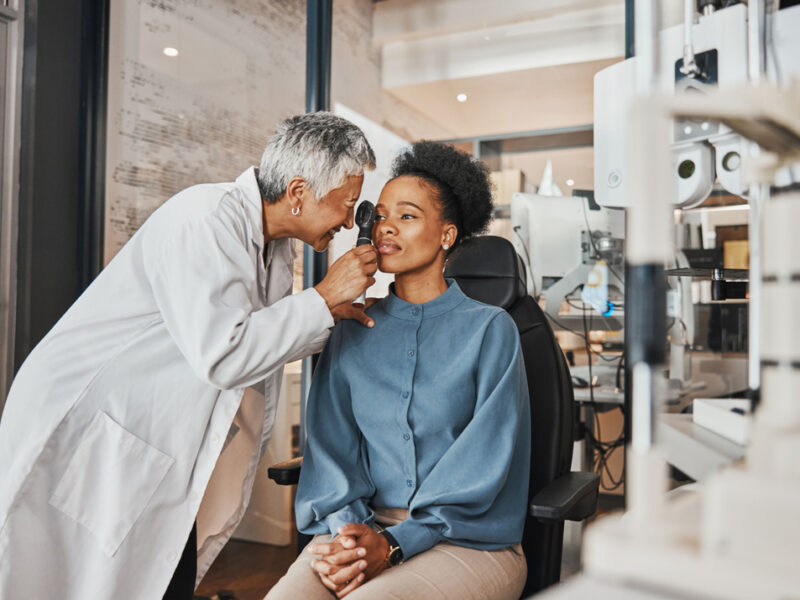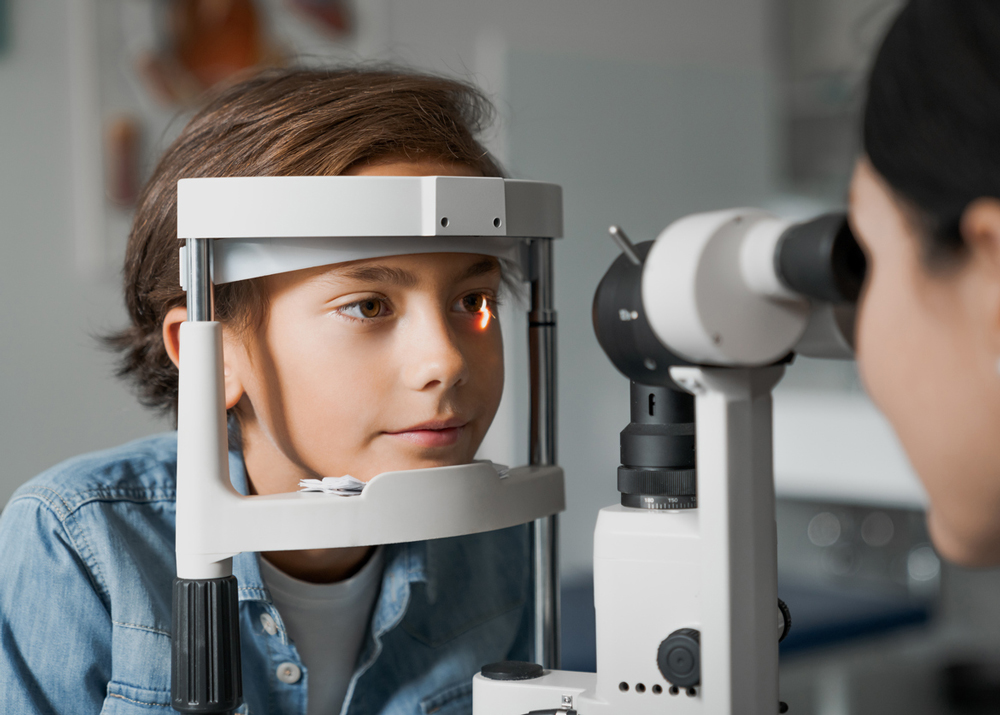Why You Need an Annual Eye Exam

Annual Eye Exams: More than Vision Correction
There’s a common misconception that if you’re not experiencing noticeable vision issues, seeing an eyecare professional is unnecessary, or even a waste of time and money. However, scheduling an eye exam once a year is vital for maintaining your vision and can even help prevent and diagnose health conditions.
Comprehensive eye exams go beyond merely determining your prescription for eyeglasses or contacts. Eyecare professionals are often the first to detect conditions like high cholesterol, high blood pressure, diabetes, lupus, stroke risk, and even some cancers.
A comprehensive eye exam involves various tests and procedures to thoroughly examine and evaluate your eye health and vision quality. These tests range from simple ones, like reading an eye chart, to more complex ones, such as using high-powered lenses to examine the health of the tissues inside your eyes.

Who Should Get an Eye Exam?
Everyone should get eye exams. Regardless of age or physical health, an annual comprehensive eye exam helps detect any eye problems at their early stages when they are most treatable. In fact, the American Optometric Association recommends the first comprehensive eye exam at age 6-12 months.
Annual eye exams for children are particularly important. Often, children don’t complain of vision problems simply because they don’t know what “normal” vision looks like. This can lead to undetected vision issues persisting longer than necessary. While school vision screenings are valuable, they may miss hyperopia (far-sightedness) and binocular vision issues (eyes not teaming together), both of which can make it difficult to read up close or at mid-range.
Undetected vision issues can undermine school performance, self-esteem, and lead to low motivation or misdiagnosis of a learning disability. If your child performs poorly at school or exhibits reading or learning problems, be sure to schedule an eye examination to rule out an underlying visual cause.
Even beyond childhood, annual comprehensive eye exams should be part of everyone’s routine. Adolescents through seniors require regular monitoring of their vision. Not only does an exam help identify issues early, but it also helps protect your vision and overall health for the future.
